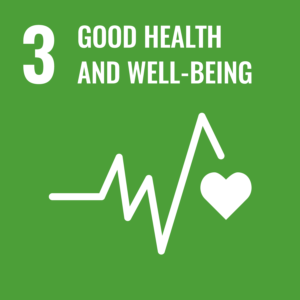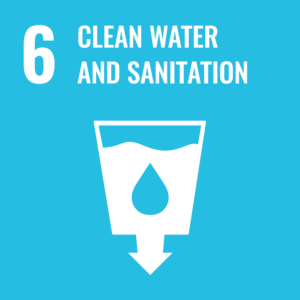Responding to the Ebola Outbreak in Sierra Leone
From training healthcare workers and setting up isolation units to helping with burials, delivering food, providing shunned survivor care and more, we worked to holistically empower, protect, and build resiliency across the country…
Project Information
The Ebola Crisis, 2014-2016
The UN has called the Ebola outbreak in West Africa “by far the largest, longest and most severe ever known.” The epidemic killed over 11,300 people and affected over 28,600 people in Guinea, Liberia, and Sierra Leone, according to the World Health Organization (WHO). Specifically, Sierra Leone was the hardest-hit country, tallying more than 14,100 total cases in the country.
Having been working on the ground in Sierra Leone since 1996, World Hope International (WHI) immediately boosted our efforts during the outbreak to combat the horrible disease and to support vulnerable men, women, and children. We partnered with the Ministry of Health and Sanitation, World Health Organization, UNICEF, CDC, UKAID, and the Wesleyan Emergency Relief Fund to empower, protect, and build resiliency.
How did World Hope International Respond?
Health Services
Health Services
We provided many different health services during the crisis, including… Read More
Training
Training
WHI provided training to thousands of people on… Read More
Transportation
Transportation
We transported Ebola and non-Ebola related cases to hospitals … Read More
Water & Sanitation
Water & Sanitation
Clean Water was vital to the response efforts and WHI … Read More
Economic Empowerment
Economic Empowerment
As a shortage of manpower for food production and a spike in food costs meant … Read More
Health Services
EVD Survivor Clinic
Ebola survivors face a long line of struggles referred to as “post-Ebola syndrome,” which include physical symptoms, such as joint pain and loss of vision and hearing, and psychosocial issues as a result of emotional trauma and stigmatization.
To address these concerns, World Hope International, in partnership with the Ministry of Health and Sanitation, World Health Organization, and with support from the Sierra Leone Association of Ebola Survivors Bombali, Case Management and Psychosocial Pillars from the DERC, opened an EVD Survivor Clinic (
Opened since late May 2015, the
Medical Supplies
Throughout the course of the outbreak, WHI received eleven containers with medical supplies, equipment, and medication that were distributed to both private and government health units, including hospitals, clinics, and PHUs.
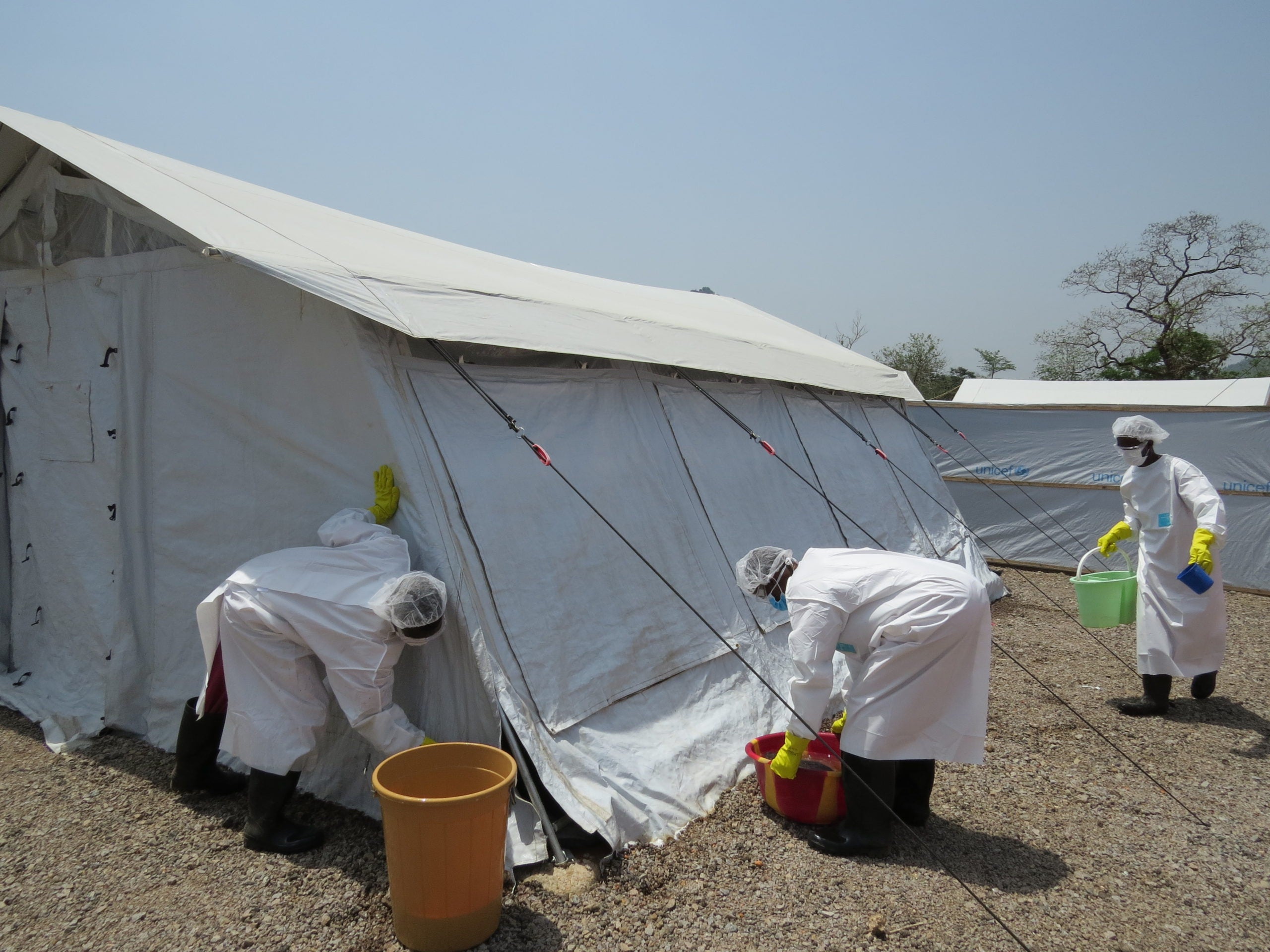
Community Care Centers
WHI partnered with UNICEF and the Government of Sierra Leone to bring more beds to the country in the form of Community Care Centers (CCC) – a model that makes care more accessible and approachable to those impacted by the disease. In total, we constructed and managed 15 new CCCs in Bombali District – one of Sierra Leone’s worst-hit districts.
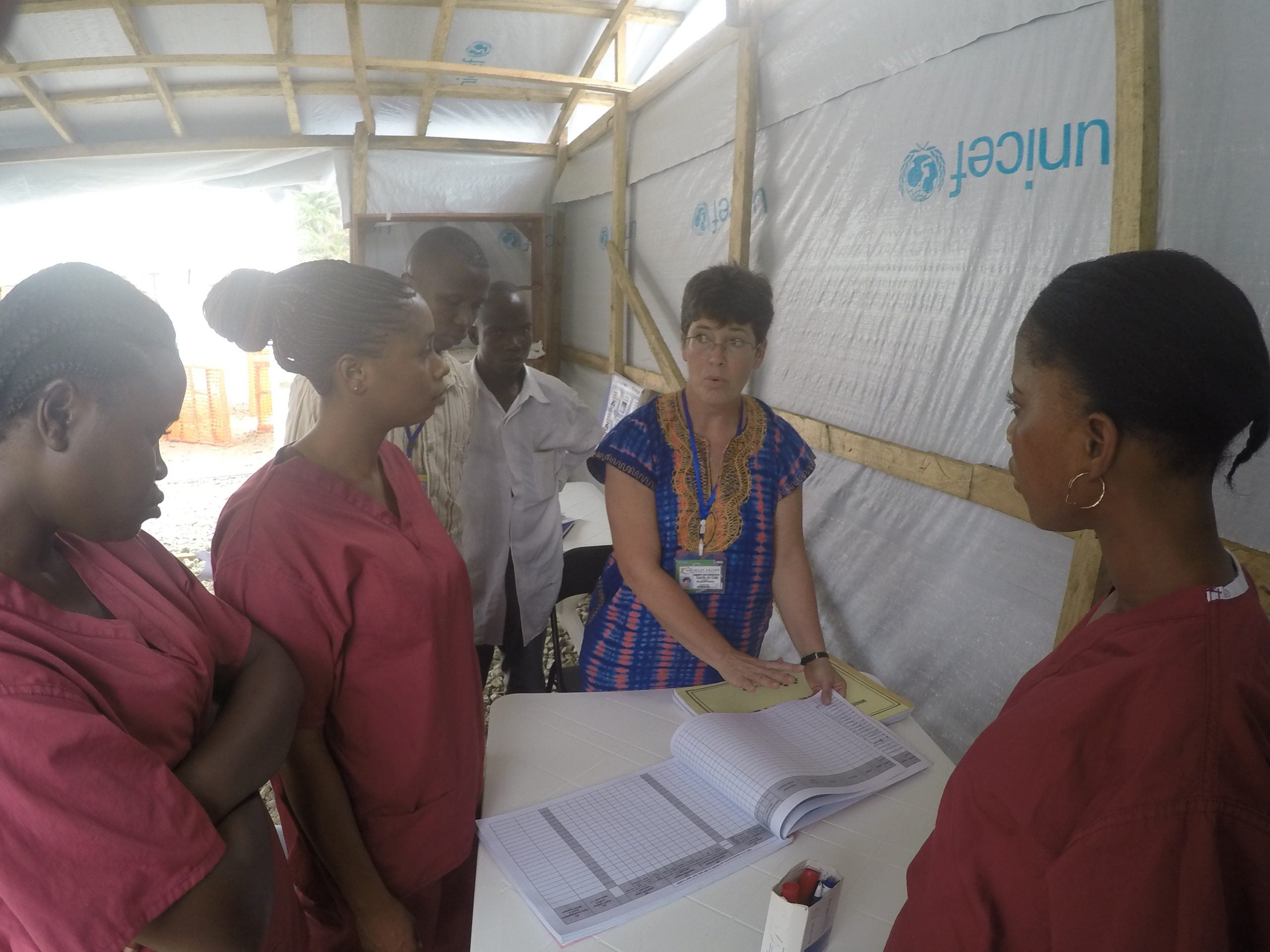
Isolation Facility
In partnership with the Wesleyan Church, we also set-up an isolation facility at Kamakwie Hospital in Bombali District and sent a health care team there to train staff and provide medical supplies. The Ebola Isolation Facility ensured health workers are continuously trained on everything from dressing in their Personal Protective Equipment to proper handling and burials of those who have died.
Hospital Renovations
In Makeni, WHI oversaw the much-needed retrofit of the Paramedical Holding Center and Makeni Regional Hospital Maternity and Pediatrics areas. Currently, WHI is upgrading Kamakwie Wesleyan Hospital IPC and WASH facilities, including a new isolation unit, incinerator, and morgue.
inpatients cared for in CCC’s
patients triaged in WHI'S Community Care Centers (CCCs)
bars of soap distributed to CHOs
quarantined individuals visited repeatedly
meals fed to quarantined people in WHI facilities
Maternal & Child Support
WHI worked with the Makeni Government Maternity Ward to improve its Infection Prevention and Control (IPC) and to provide safe care for women and neonates. In partnership with UKAID, WHI worked to improve the facility’s water supply through highly-focused maintenance, survey, and drilling, as well as improved broken and/or missing plumbing. WHI also worked on faulty electrical connections, inadequate triage facilities, and insufficient supplies for infection prevention within the ward. The Maternity Ward’s staff was also trained by WHI to implement updated policies and procedures relating to infection prevention.
With additional support from UNICEF, we are also incorporating Ebola prevention and response activities into WHI’s ongoing Maternal and New Born Health project in Bombali district. Through this effort, trained and supervised Community Health Workers will enhance outreach and education services to include Ebola key messages, facts on its prevention and information on universal precaution to ensure infection control. The program also provides assistance to Mothers Support Groups that support pregnant women and nursing mothers and educates them on signs and symptoms of Ebola.
Additionally, WHI provided repeated psychosocial care, school, and food supplies as well as clothes to 240 Ebola-affected children and orphans in Bombali and Western Urban District to enable these children to overcome their trauma, to reintegrate into their communities and to prevent their school dropout.
Training
Training
WHI supported the government of Sierra Leone’s campaign to educate the public about Ebola. This campaign included radio broadcasts and village-by-village seminars on what this disease is, how it is transmitted and what to do if a person suspects they may be infected. We also conducted house-to-house visits during a three-day lockdown in September 2014 that entailed searching for Ebola patients, distributing medical supplies and providing information about Ebola
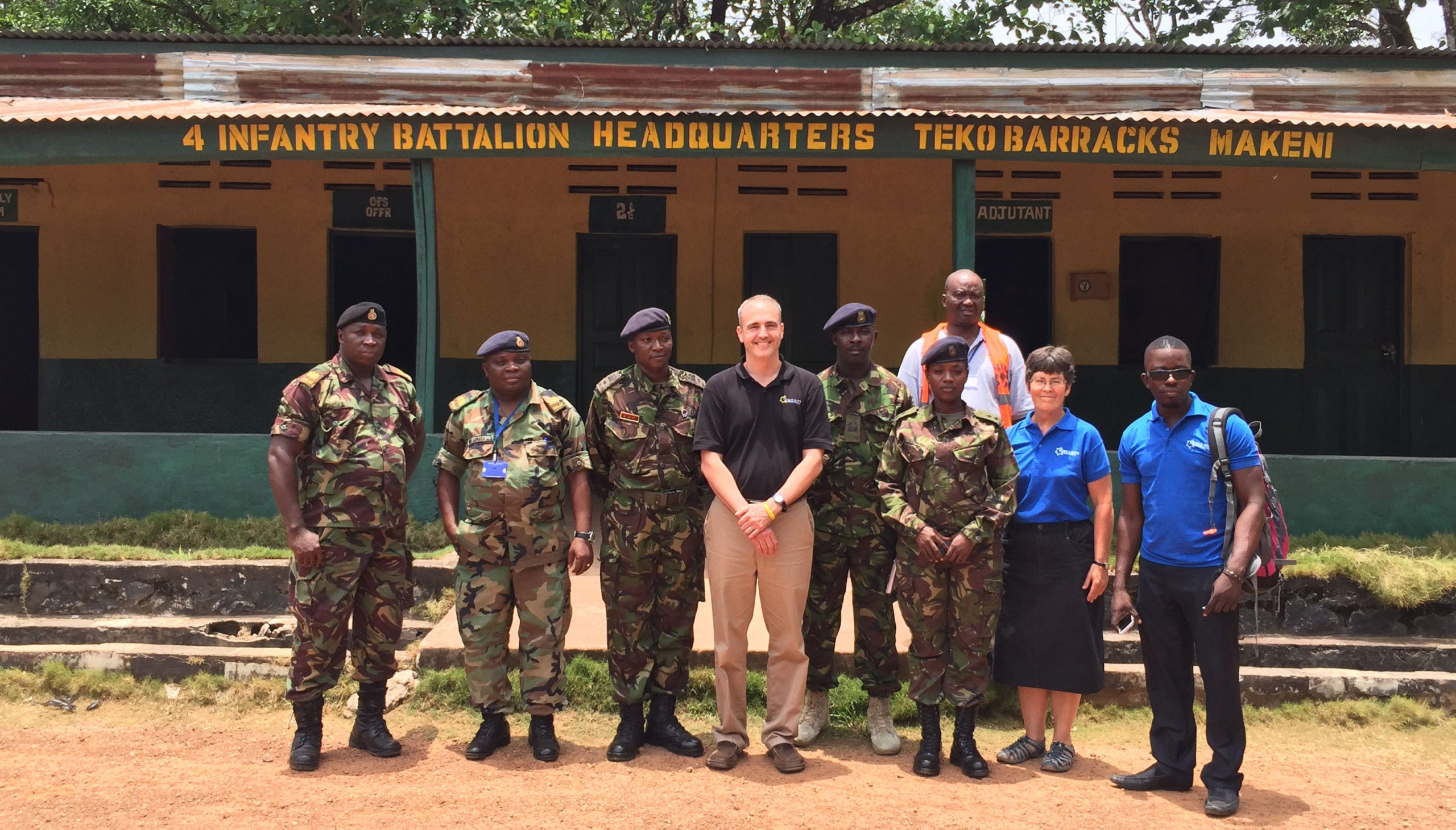
Border Training
In Sierra Leone, EVD initially came through a sick traveler and spread by people crossing borders.
In an effort to educate Sierra Leoneans on border control, WHI conducted a two-day border training in
Burial Practices
In the Bombali district of Sierra Leone, one of the major ways the Ebola virus was spread was through traditional burial practices – the washing and touching of dead bodies. WHI, in partnership with the District Health Management Team, International Organization of Migration and USAID launched a “Traditional Burial Project” to build up community-based safe burial teams and fight the spread of Ebola. Through our program, every corpse, sick with Ebola or not, was collected and dressed in protective clothing and buried safely in two concealed body bags. By training traditional healers, ceremonial members and representatives of different cultural societies, WHI aimed to get local decision-makers and opinion leaders on board that is connected and respected in their communities in order to break the transmission chain.
villages trained on Ebola prevention and detection of symptoms + supplies of hygienic materials
Societal heads trained in safe burials
Individuals received sensitivity training
Trainings on ways to prevent further spread of Ebola
Transportation
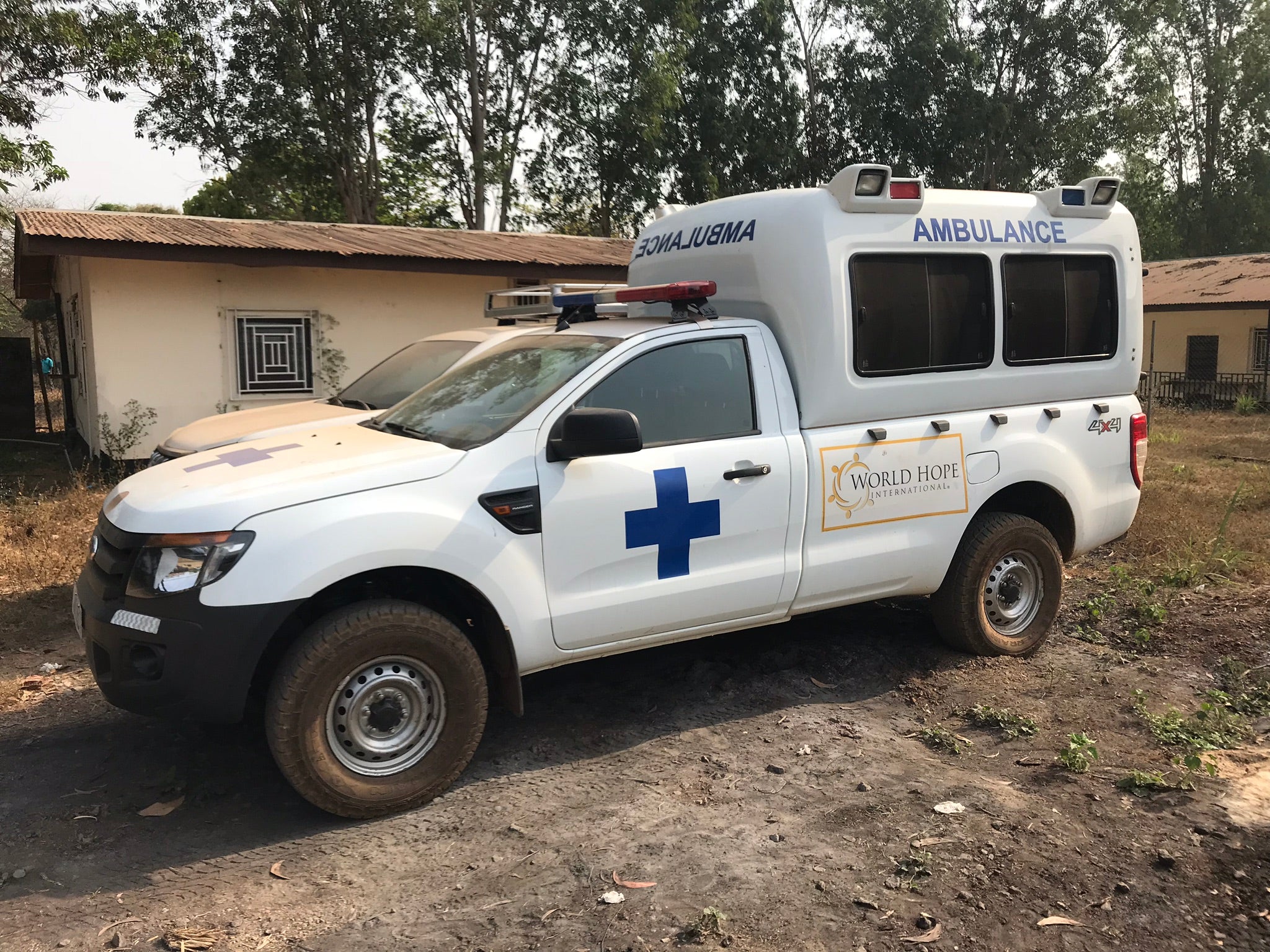
Ambulance
In Sierra Leone, some hospitals have ambulances while others do not, so people often take taxis or physically carry the sick to a hospital, which contributes to the spread of the disease. In response, the CDC and the Ministry of Health approached us for help. We provided a total of 10 trucks to serve as ambulances.
Through our staff, truck and ambulance resources we transported Ebola and non-Ebola related cases, including transporting mothers to hospitals for delivery. We also assisted with the distribution of airlifted medical supplies to hospitals and clinics and helping to escort experts, such as the CDC, to conduct assessments of the region.
Individuals reached at home & checked for Ebola
Discharge transports in WHI ambulances
Maternity transports in WHI ambulances
Water & Sanitation
wells drilled
Water Wells
We provided borehole water wells and sanitation facilities for Ebola treatment centers using our experienced Water and Sanitation team. In addition, we helped to maintain, survey, and enhance existing water wells at Ebola centers to reliably support patient and medical staff needs. We also helped to drill a new water well for a 48-bed Red Cross Ebola Treatment Center located in Kono District.

Economic Empowerment
Enterprise Solutions
The Ebola emergency left a shortage of manpower for food production and a spike in food costs. In response, we ramped up our Affordable Greenhouses program, a partnership with Penn State’s Humanitarian Engineering and Social Entrepreneurship Program (PSU-
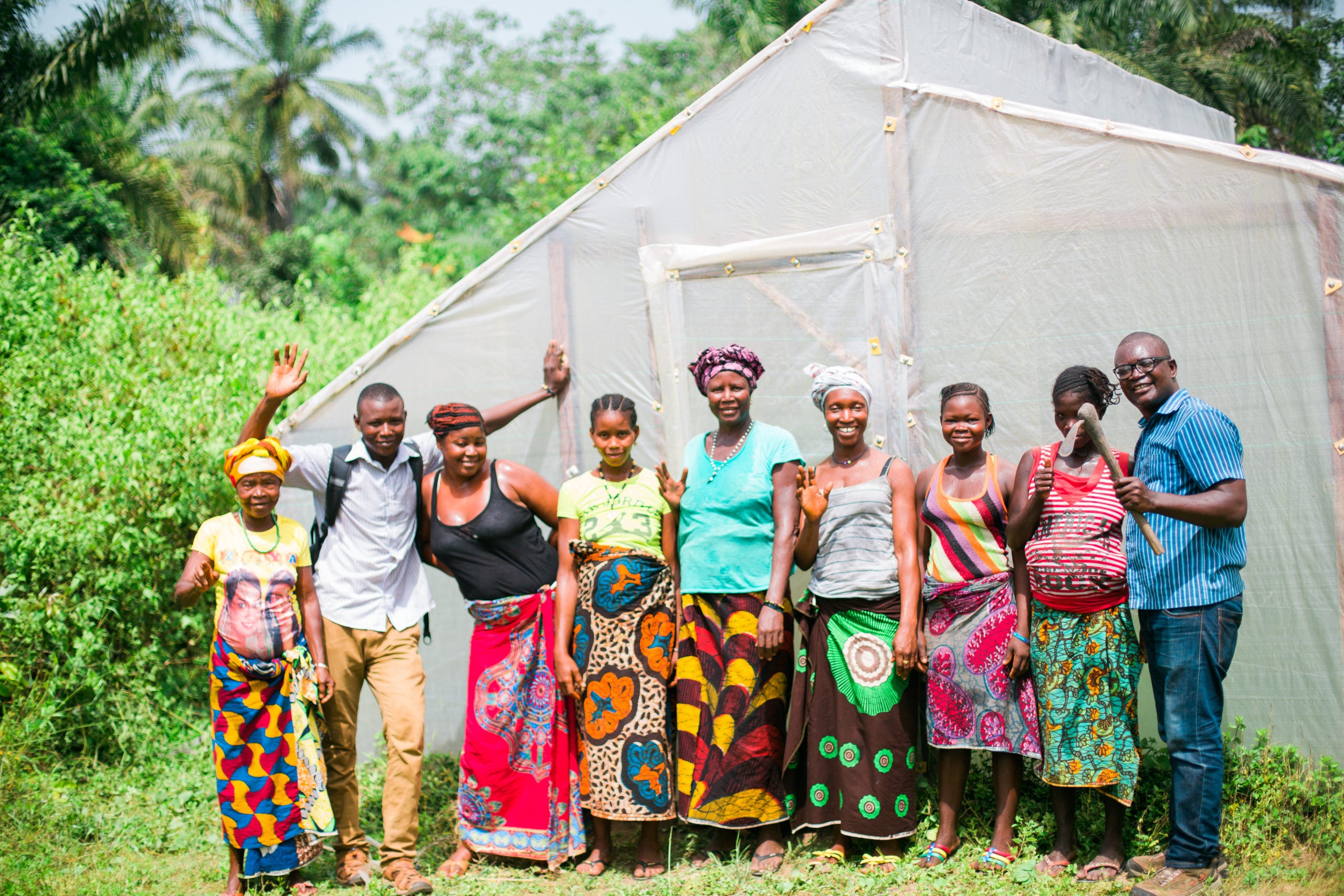
As part of the Livelihood Enhancement for Affected People (LEAP) Consortium, a partnership with World Vision Sierra Leone (Lead), BRAC, and Catholic Relief Services, WHI has received a grant from Sierra Leone’s Department for International Development (DFID) for a project that will improve the economic status of 42,000 targeted petty traders in Sierra Leone who lost their business capital during the EVD crisis by providing necessary capital support and financial training for them to resume their businesses. Through this project, petty traders will be supported with low interest loans and grants to help stimulate meaningful growth of small or medium scale businesses.
Connectivity
With support from NetHope and in partnership with EveryLayer, we helped to build Internet connectivity for the first time in the region. We connected the Gbendembu Clinic, Magbenteh clinic, the District Ebola Response Committee office, and the Makeni Regional Government Hospital and also provided extra bandwidth at WHI’s Makeni offices and at Kamakwie Wesleyan Hospital. The grand also provided funding for 20 tablets.

